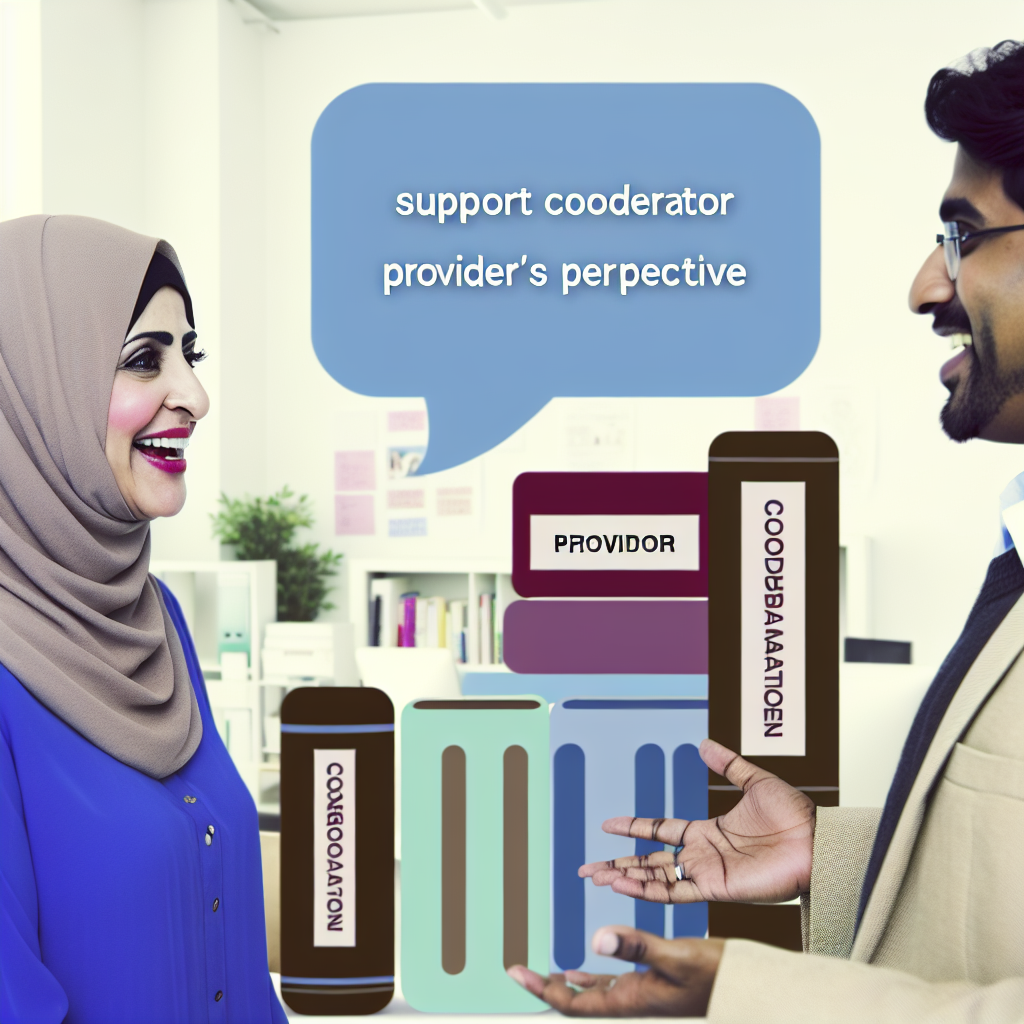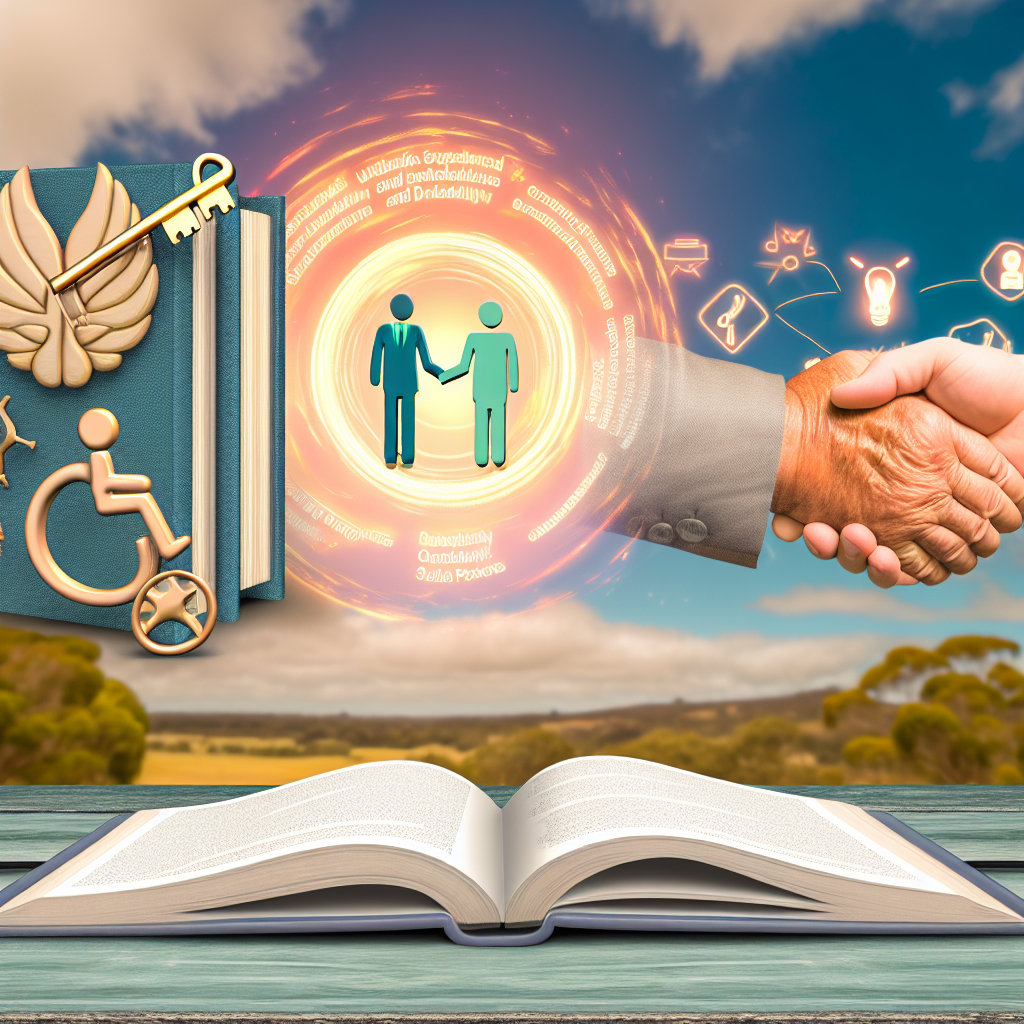Autism is a term that describes a range of developmental differences and challenges that affect how people communicate, interact, and perceive the world. Autism is not a disease or a disorder, but a spectrum of diverse experiences and abilities. People on the autism spectrum may have strengths and interests that are different from those of most people, as well as difficulties in some areas of life.
Autism is estimated to affect about 1 in 70 Australians, or around 353,880 people, according to Autism Spectrum Australia1. Autism is more common in boys than girls, with a ratio of about 4:1. Autism can be diagnosed at any age, but it is usually identified in early childhood, when the signs and symptoms become more noticeable.
Some of the common signs and symptoms of autism include:
- Difficulty with social interactions and communication, such as making eye contact, understanding facial expressions and body language, initiating and maintaining conversations, and expressing emotions and needs.
- Restricted and repetitive behaviours and interests, such as following routines, patterns, or rules, engaging in stereotyped or ritualistic movements, using objects in unusual ways, and having intense or narrow interests or hobbies.
- Sensory sensitivities or differences, such as reacting strongly to sounds, lights, smells, tastes, or textures, or seeking or avoiding certain sensory stimuli.
- Challenges with executive functioning, such as planning, organising, prioritising, problem-solving, and regulating impulses and emotions.
Autism is a lifelong condition that affects people in different ways and to different degrees. Some people on the autism spectrum may need a lot of support and assistance in their daily lives, while others may be able to live independently and pursue their goals and aspirations. The level of support and intervention that a person with autism may need depends on their individual needs and circumstances.
There is no cure for autism, but there are various treatments and therapies that can help people on the autism spectrum to develop their skills, reduce their challenges, and improve their quality of life. Some of the treatments and therapies that may be beneficial for people with autism include:
- Behaviour and communication therapies, such as applied behaviour analysis (ABA), which can help people with autism to learn new skills, reduce problem behaviours, and generalise their learning to different situations and environments.
- Educational therapies, such as special education programs, which can provide people with autism with a structured and supportive learning environment that caters to their strengths and needs, and helps them to achieve their academic and social potential.
- Medications, such as antidepressants, antipsychotics, or stimulants, which can help to manage some of the co-occurring conditions or symptoms that may affect people with autism, such as anxiety, depression, aggression, or hyperactivity. However, medications should be used with caution and under the guidance of a medical professional, as they may have side effects or interactions with other drugs.
- Dietary supplements, such as vitamins, minerals, or omega-3 fatty acids, which may help to improve some of the biological or neurological factors that may be associated with autism, such as inflammation, oxidative stress, or neurotransmitter imbalance. However, the evidence for the effectiveness and safety of dietary supplements for autism is limited and inconclusive, and they should be used with caution and under the guidance of a medical professional, as they may have side effects or interactions with other drugs or foods.
- Alternative or complementary therapies, such as music therapy, art therapy, animal-assisted therapy, or mindfulness, which may help to enhance the well-being, creativity, and self-expression of people with autism, as well as provide them with opportunities for social interaction and relaxation. However, the evidence for the effectiveness and safety of alternative or complementary therapies for autism is limited and inconclusive, and they should not replace the evidence-based treatments and therapies that are recommended by professionals.
In addition to the treatments and therapies that may be available for people with autism, there are also various support services and funding sources that can help them to access the resources and assistance they need to live fulfilling and meaningful lives. Some of the support services and funding sources that may be relevant for people with autism in Australia include:
- The National Disability Insurance Scheme (NDIS), which is a government-funded scheme that provides individualised support and funding for people with permanent and significant disability, as well as their families and carers. The NDIS can help people with autism to access the services and supports that are reasonable and necessary for them to achieve their goals and participate in their communities. To access the NDIS, people with autism must meet the eligibility criteria, which include having a permanent impairment that significantly affects their ability to take part in everyday activities, being aged less than 65, and being an Australian citizen or holding a permanent visa or a Protected Special Category visa. The NDIS website2 has more information about how to apply for and access the NDIS.
- The Autism Spectrum Australia (Aspect), which is the largest national service provider for people on the autism spectrum and their families and carers. Aspect offers a range of services and programs that aim to understand, engage, and celebrate the strengths, interests, and aspirations of people on the autism spectrum. Some of the services and programs that Aspect provides include autism assessments, early childhood supports, aspect schools, webinars and workshops, peer support groups, and advocacy. The Aspect website3 has more information about the services and programs that Aspect offers.
- The Amaze, which is the peak body for autistic people and their families and carers in Victoria. Amaze provides information, support, and advocacy for the autistic community, as well as raising awareness and promoting inclusion and acceptance of autism in the society. Some of the services and programs that Amaze provides include Autism Connect, which is a free, national autism helpline that provides independent and expert information over phone, email, and webchat, Autism Friendly events, which are events that are designed to be accessible and welcoming for people on the autism spectrum and their families and carers, and Autism Friendly Charter, which is a program that helps businesses and organisations to become more autism friendly and inclusive. The Amaze website4 has more information about the services and programs that Amaze provides.
Autism is a complex and diverse condition that affects people in different ways and to different degrees. People on the autism spectrum may face many challenges and barriers in their lives, but they also have many strengths and talents that make them a different brilliant. By understanding, supporting, and celebrating the autism community, we can create a world where no one on the autism spectrum is left behind.









